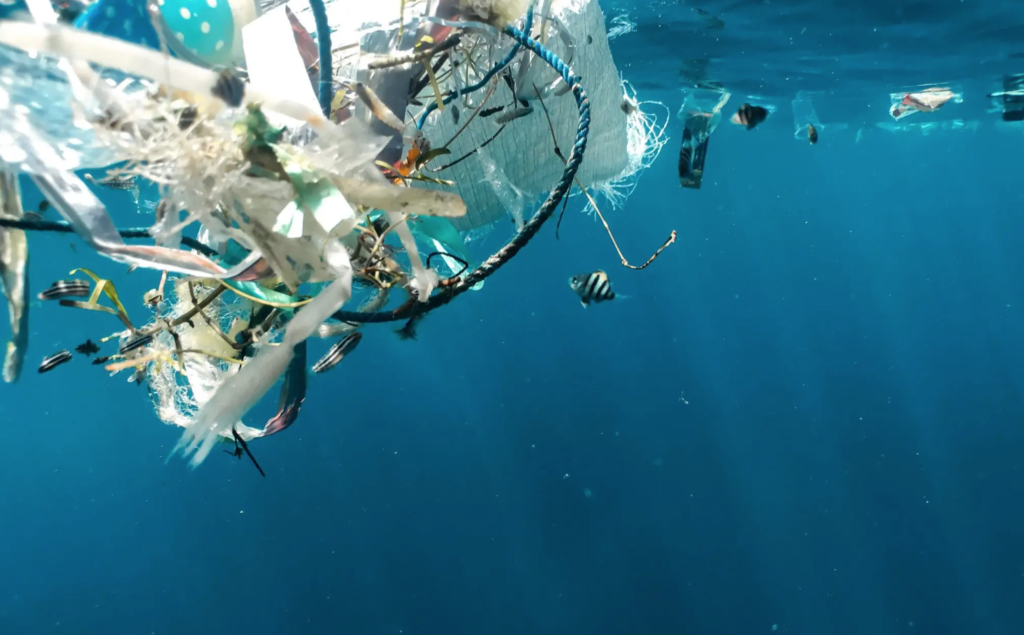Plastics and ocean acidification: how they are linked together
(Sustainabilityenvironment.com) – The progressive process of acidification of the oceans may not be determined only by the increase in atmospheric CO2. A Spanish study, conducted by the Institut de Ciències del Mar (ICM-CSIC) in Barcelona and published in Science of the Total Environment, established a relationship between the decline in pH and one of the most pervasive environmental problems of the last century: Plastic pollution at sea.
“Thanks to this study – says Cristina Romera-Castillo, ICM-CSIC researcher and first author of the research – we have been able to demonstrate that in areas of ocean surface highly polluted by plastic, the degradation of this waste will lead to a decrease up to 0,5 units of pH. Value comparable to the estimated pH drop in the worst scenarios of anthropogenic emissions for the end of the 21st century”.
The relationship between plastic pollution and ocean acidification assigns a fundamental role to sunlight. Ultraviolet rays, in fact, have a degrading and aging effect for plastics by helping the breakdown into small pieces, the microplastics.
Read also New parasites transported by microplastics from the land into the ocean
The more polymers undergo this treatment, the greater the degree of degradation they achieve. During this process, there is a progressive increase in the release of a series of chemical compounds in the water, which alter its pH. These are not always substances that derive directly from virgin polymers. Sometimes, in fact, to be released are additives that have been added to improve color, strength or other characteristics.
What is certain is that during this process there is a release of CO2 arising directly from plastic or being a product of the reactions that sunlight triggers in organic compounds released from this material. Carbon dioxide, in turn, alters the pH of water.
The impact of degraded plastic on ocean acidification
The research team that worked on the study experienced the reactions of different types of plastic, more or less aged, to solar radiation and a constant temperature.
By analyzing the pH of the water and the dissolved organic carbon, scientists found that after only six days of exposure the plastic had released large amounts of organic compounds and the pH of the water had significantly changed; however, the phenomenon has not been repeated so structurally in experiments with more “recent” plastic.
“These results – according to Romera-Castillo – show that aged plastic affects acidification much more than new plastic, which is very worrying since most of the plastic found at sea, whatever the type, is degraded”.

